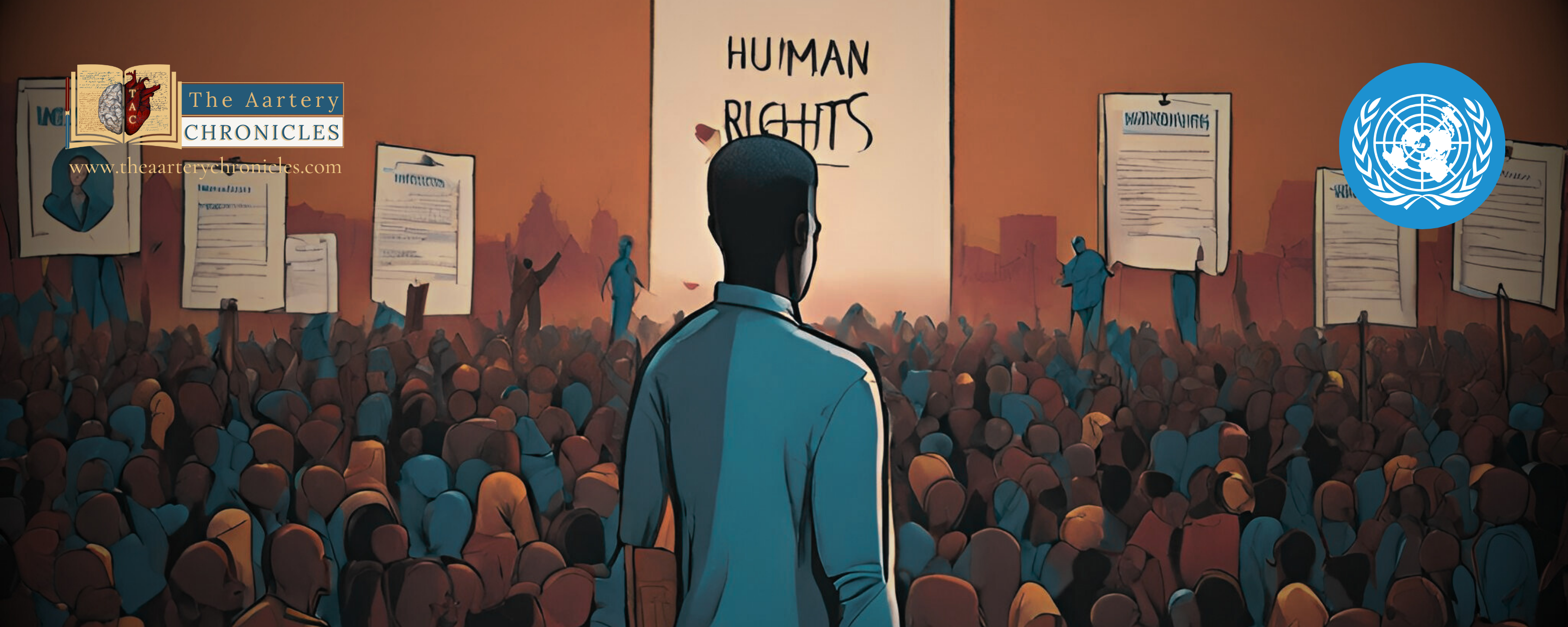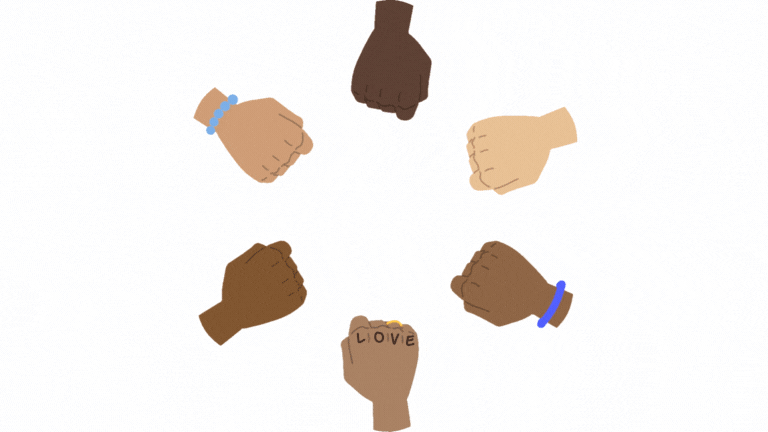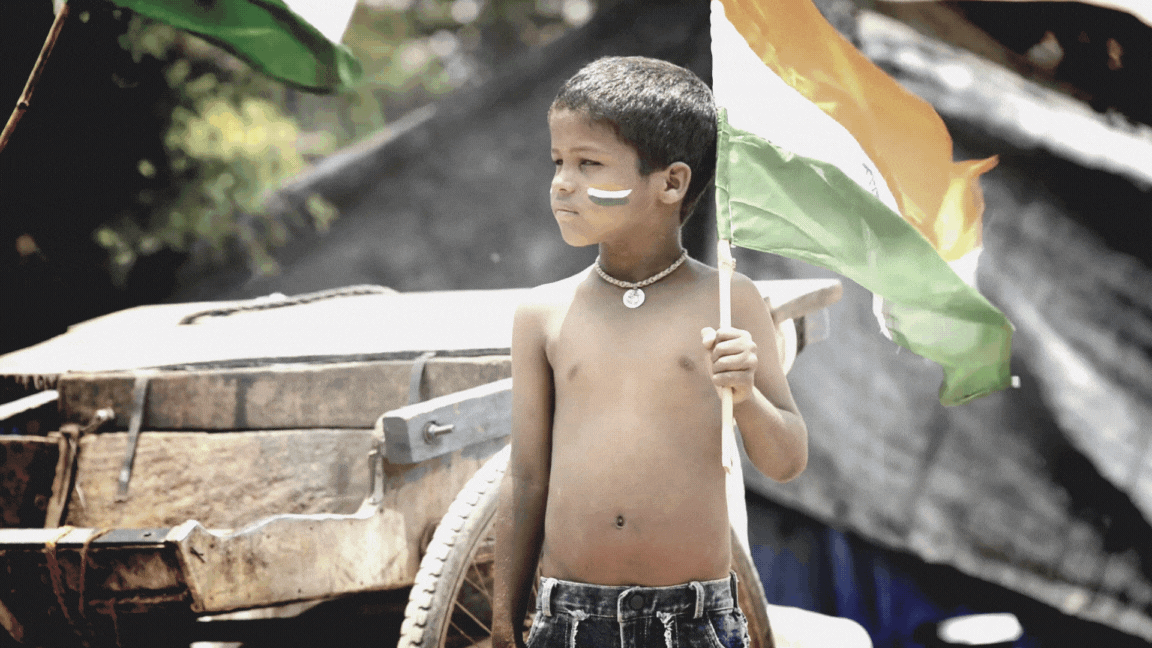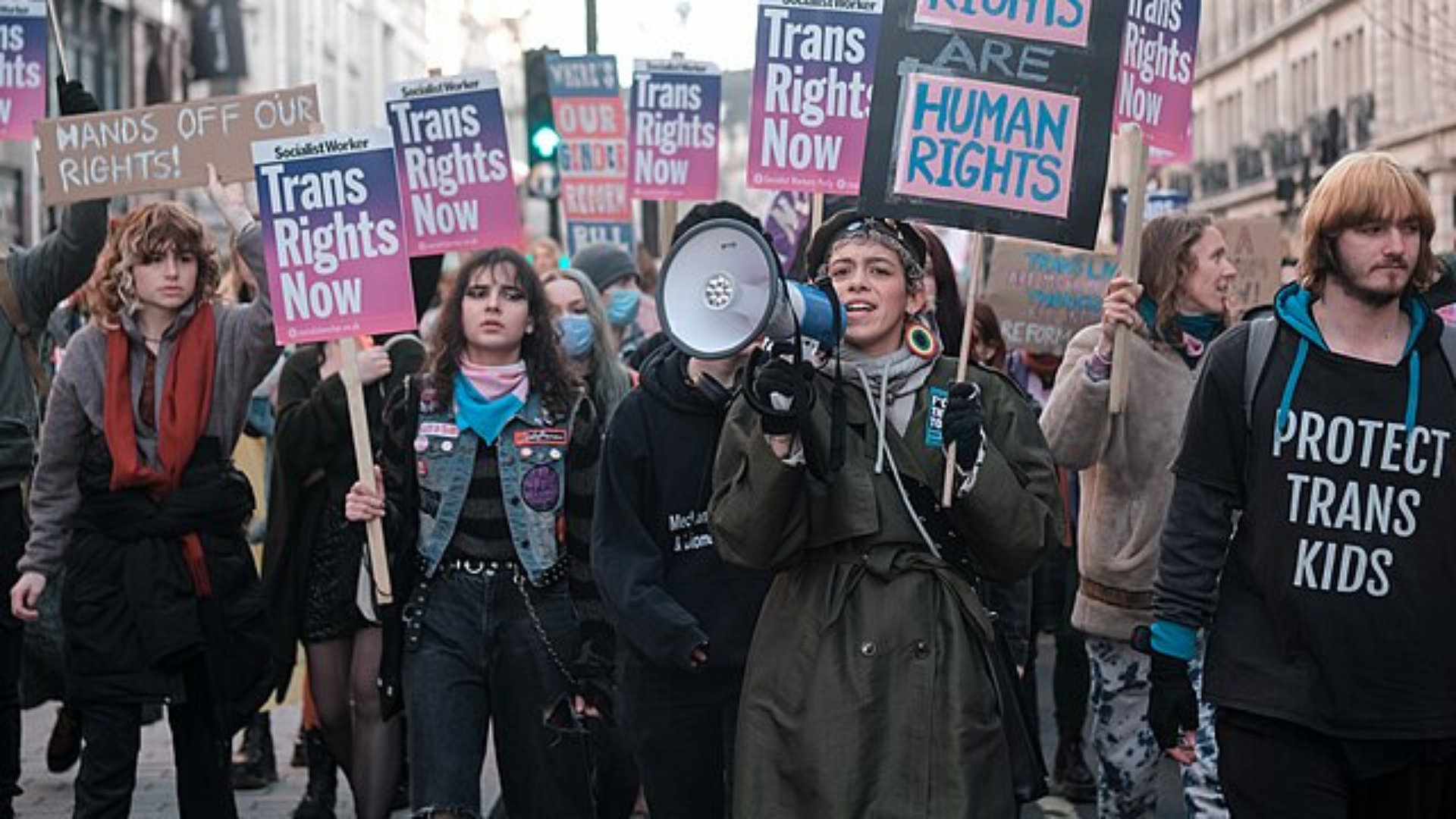

HUMAN RIGHTS: CELEBRATING 75 YEARS
We celebrated the 75th anniversary of Human Rights Day on 10th December, let us see how, when and why this day came into being. Human rights are those natural rights/values that every individual possesses irrespective of caste, creed, race, sex, or religion, for their well-being and survival.
Origin and history:
History has it that, in the year 539 B.C., the city of Babylon was captured by Cyrus the Great, who was the first king of ancient Persia. Thereafter he freed all the slaves and declared that all people had the right to choose their religion, thereby establishing racial equality. This was a new concept and far ahead of its time, in terms of his visionary thinking.
Together with this concept, various other decrees were recorded on a baked-clay cylinder, in the Akkadian language, written in the cuneiform (an ancient writing system using wedge-shaped characters) script. This cylinder, called the Cyrus Cylinder, contains the world’s first-ever charter of human rights.
From Babylon, this concept spread to India, Greece and Rome. There are various documents like the Magna Carta (1215), the Petition of Right (1628), the US Constitution (1787), the French Declaration of the Rights of Man and the Citizen (1789) and the US Bill of Rights (1791) which are the basis of many of the prevailing human right’s documents available today.
Every year, December 10, is celebrated globally, as Human Rights Day, commemorating the day the United Nations General Assembly adopted the Universal Declaration of Human Rights (UDHR) in the year 1948. In India, Human Rights Day has been celebrated from the year 1950.

WHAT ARE HUMAN RIGHTS:
“Human rights are rights inherent to all human beings, regardless of race, sex, nationality, ethnicity, language, religion, or any other status. Human rights include the right to life and liberty, freedom from slavery and torture, freedom of opinion and expression, the right to work and education and many more” as described by the United Nations. The United Nations has created a comprehensive body of human rights law – “a universal and internationally protected code to which all nations can subscribe and all people aspire.” These rights include civil, cultural, economic, political and social rights of every human being which are the Charter of the United Nations founded in 1945. In the year 1948, the Universal Declaration of Human Rights (UHDA) was adopted by the General Assembly. Cut to the present day, where the law has been expanded to include specific standards for women, children, differentially abled persons, minorities and other vulnerable persons to protect them from discrimination and exploitation.

The INDIAN CHAPTER:
In India, human rights are governed by the Protection Of Human Rights Act, 1993 (PHR Act). This Act provides for the Constitution of a National Human Rights Commission (NHRC), State Human Rights Commissions in States and Human Rights Courts for the protection of human rights and matters connected therewith or incidental thereto. In short, they are guaranteed by the Constitution of India, included in the international agreements and can be enforced by Courts in India.
NHRC is concerned with caring for the rights related to life, dignity, liberty and equality of an individual, as defined u/s 2 (1) of the PHR Act.
The Human Rights Council of India (Protection of Human Rights) was formed on 16 February 2012, with a mission to serve the country humanely without personal gain or interest. It is a non-government, non-political and Social organization.

BASIC HUMAN RIGHTS AS PER UNITED NATIONS:
The following are the 30 basic human rights as declared by the United Nations.
- All human beings are free and equal: We are all equal in dignity and rights and should maintain brotherhood amongst ourselves.
- No discrimination: We are all entitled to our rights irrespective of our backgrounds, culture, political ideas, jurisdictions, religion etc. There is no indiscrimination of any kind whatsoever.
- Right to life: We all have the right to life, liberty and security.
- No slavery: We shall not enslave anyone and any kind of slavery or servitude is prohibited.
- No torture and inhuman treatment: We shall not torture, punish, or treat anyone cruelly or inhumanly.
- Same right to use law: We are all entitled to legal recognition before any court of law.
- Equal before the law: We are all equal in the eyes of the law and are entitled to seek protection under the law without any kind of discrimination whatsoever.
- Right to be treated fair by the court: We have the right to remedy by a court of law for any act of discrimination against us.
- No unfair detainment: We shall not be subjected to arbitrary arrest, detention or exile.
- Right to trial: We are all entitled to a fair and public hearing by an independent and impartial tribunal of our rights or in case of any criminal charges against us.
- Innocent until proven guilty: We are all innocent until we are proven guilty.
- Right to privacy: We are all entitled to privacy and also protect ourselves, our family, our homes, our work, and our correspondence from any interference or attacks on our reputation, honour, and family.
- Freedom to movement and residence: We are all entitled to reside anywhere that we desire and also travel from cross-country or cross-nation as we wish, without any restrictions.
- Right to asylum: We can seek asylum in any country to escape persecution, which may not be invoked in case of genuine prosecutions from non-political crimes or acts which are against the purposes and principles of the United Nations.
- Right to nationality: We have the right to embrace any Nationality as we desire and no one can deprive us of the same.
- Rights to marry and have a family: We have the right to marry the person of choice and raise a family with mutual consent and our own free will.
- Right to own things: We have the right to own property either individually or collectively with others.
- Freedom of thought and religion: We can follow the religion we practice and also have the freedom to change our religion/belief and teach, practice, observe and worship accordingly.
- Freedom of opinion and expression: We can express our thoughts/opinions/ideas without any interference and seek or give information through any media.
- Right to assemble: We can freely assemble peacefully without any force to join any particular association.
- Right to democracy: We have the right in our Government either directly or through our elected representatives and have access to the public services available to us.
- Right to social security: We have the right to social security i.e. economic, social and cultural rights of the State we reside in.
- Right to work: We have the freedom to work as per our choice, in favourable conditions, without any discrimination, get equal pay for equal work, and join trade unions to protect our interests.
- Right to rest and holiday: We can rest and relax as we desire and avail limited working hours and periodic paid leaves.
- Right of social service: We all have a standard of living to meet the requirements of our and our family’s health and well-being with food, clothing, shelter, medical aids, and allied social services and protect us from unemployment, sickness, disability, widowhood, old age, or any other circumstances, beyond our control. Mothers and children are to be treated with special care and assistance.
- Right to education: We all have the right to education, irrespective of our social standing in the community.
- Right of culture and art: We can all participate in any cultural activities/arts, share our research as well and protect the works which we have authored/created.
- Freedom around the world: We have the freedom to social and international borders for all the basic rights mentioned herein.
- Subject to law: We are all responsible citizens and have to uphold the law of our country. We should respect the morality, public order and general welfare of the Society/country.
- Human rights can’t be taken away: None of the above rights can be taken away from us.

FUNDAMENTAL RIGHTS OF THE CONSTITUTION OF INDIA
The Constitution of India also mentions (1) the Right to Equality (2) the Right to Freedom (3) the Right against exploitation (4) the Right to Freedom of Religion (5)Cultural and Educational Rights, (6) the Right to Constitutional Remedies, as the Fundamental Rights of each citizen of our country, among others as mentioned in the Constitution.
ARTICLE 15 AMENDMENT
Article 15 originally reads “ Article 15 of the Constitution of India forbids discrimination on grounds of religion, race, caste, gender or place of birth”.
On September 6, 2018, the Supreme Court of India, in a landmark judgement, decriminalized homosexuality, extending the scope of Article 15 to include ‘sexual orientation’ to prohibit discrimination.
FIGHTERS FOR HUMAN RIGHTS
We have seen films, and documentaries where the person who has been wronged in any manner, approaches the Human Rights organisations for redressal. There are organisations like Amnesty International, the Red Cross, and various Human Rights NGOs, in India and overseas that aim at protecting the basic rights of human beings. All these organisations are doing a commendable job.
Mahatma Gandhi, the Father of the Nation, and a political and spiritual leader/freedom fighter, helped India attain freedom from British rule in 1947, by following a path of non-violence – Satyagraha (resistance to tyranny through mass civil disobedience). His ideas also initiated global campaigns for civil rights and independence.
Nelson Mandela, the First President of South Africa, worked for the improvement of the living standards and facilities for the country’s black population, who had suffered under apartheid (racial segregation), as well as towards making South Africa a country of equality, where people of all race and colour could live together in peace and harmony.
Martin Luther King Jr., an American Baptist minister and social justice activist, campaigned for the equal rights of African Americans, with his principles of civil disobedience and non-violent protests.
Elie Wiesel, a Holocaust survivor, (a Jewish prisoner in a Nazi concentration camp), spent his life advocating for human rights.
Greta Thunberg, the youngest Activist at present, is advocating the seriousness of climate change and has challenged world leaders to heed the same.
CONCLUSION
Contrary to basic human rights, there are some malpractices prevalent today, and we need to understand that such doings will lead us nowhere. The need of the hour is to respect one another and live in peace and harmony. Every person has the right to a good life and we are not the authority to dictate to anyone. All the aspects like political power, crime, mayhem, gang wars, violence, war, red-tapism, negligence, misappropriation of funds, etc. are all an outcome of greed and a violation of basic human rights. The world has become very competitive and is moving rapidly in the wrong direction. Morals, ethics, responsibilities, peace, and unity, have all taken a back seat. Human rights have been formulated to maintain harmony and security in the world. Is it asking for too much?
It is only appropriate to conclude with a saying of Late Nelson Mandela “To deny people their human right is to challenge their very humanity.”

Dr Darshit Jagdish Patel
- Medicine
- Nutrition And Diet












